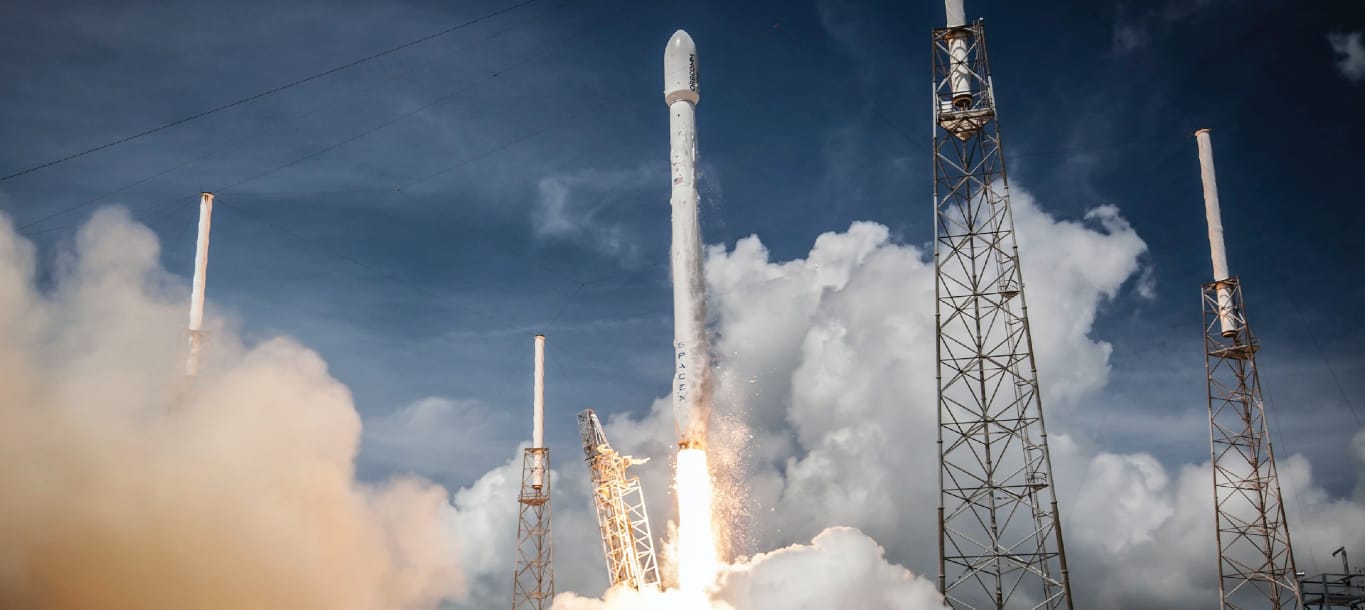What is a space system engineer?
Space system engineers work to ensure that all the components of a spacecraft work together, so that the spacecraft works efficiently. They typically design, construct and test spacecraft, and may even have the opportunity to see it in action. In addition to working with spacecraft, they often work in the construction of aircraft, satellites, missiles, and other space equipment.
What are the typical responsibilities of a space system engineer?
As a space system engineer, you’ll see the journey of a spacecraft through from concept to launch. You’ll refine the spacecraft during the early design phases, then carefully integrate the different components. As the spacecraft is tested (both on the ground and in orbit), you’ll troubleshoot issues and refine the design. Once the spacecraft is finished, you’ll get to see it launch.
Why should I become a space system engineer?
A career as a space system engineer allows you to get involved in the design of a spacecraft, from initial prototypes to its eventual launch. Although dealing with technical difficulties can be frustrating, seeing the success of something you design will be immensely rewarding. Furthermore, space equipment is being used for a number of different purposes, such as delivering wifi to commercial airlines. Designing something that will improve people’s quality of life is an incredibly satisfying feeling.
What sort of skills do I need to be a space system engineer?
To become a space system engineer, you’ll need to have a technical understanding of all the systems that make up a spacecraft, such as thermal control, electrical systems and communication. Although you’ll receive on-the-job training, to reach maximum potential, you'll need strong maths and physics skills and familiarity with programming languages like Java and Python. Transferable skills like attention to detail and resilience are also important. Forgetting an important component can mean you’ll need to redesign the spacecraft, while resilience is important to deal with issues in the testing phase.
What qualifications do I need to become a space system engineer?
Typically, you’ll need an undergraduate degree in a STEM-related field, although an engineering degree is preferred. Requirements vary from employer to employer, with some requiring a master's degree or experience of research in a particular field.
Doing a degree isn’t the only way to enter the field. Have you ever thought about completing an apprenticeship? Airbus, the UK Space Agency and the University of Leicester recently launched their space engineering technical apprenticeship, which provides candidates with paid employment and free training in technical skills like spacecraft manufacturing.
